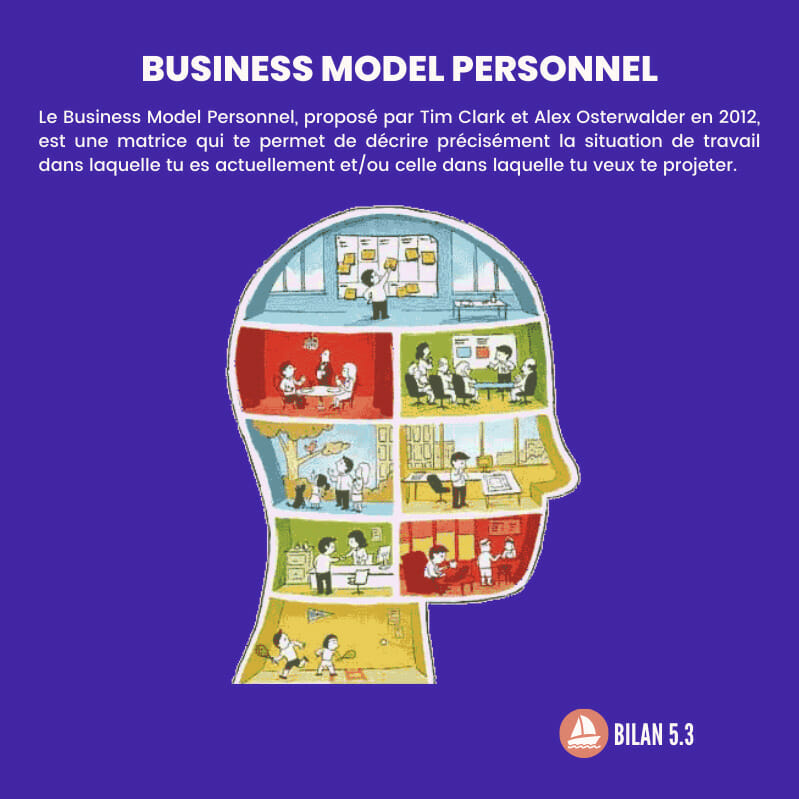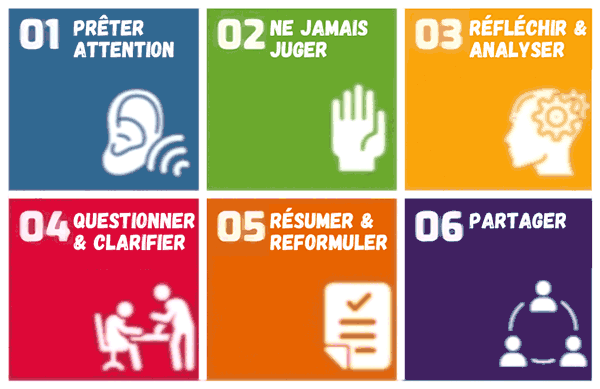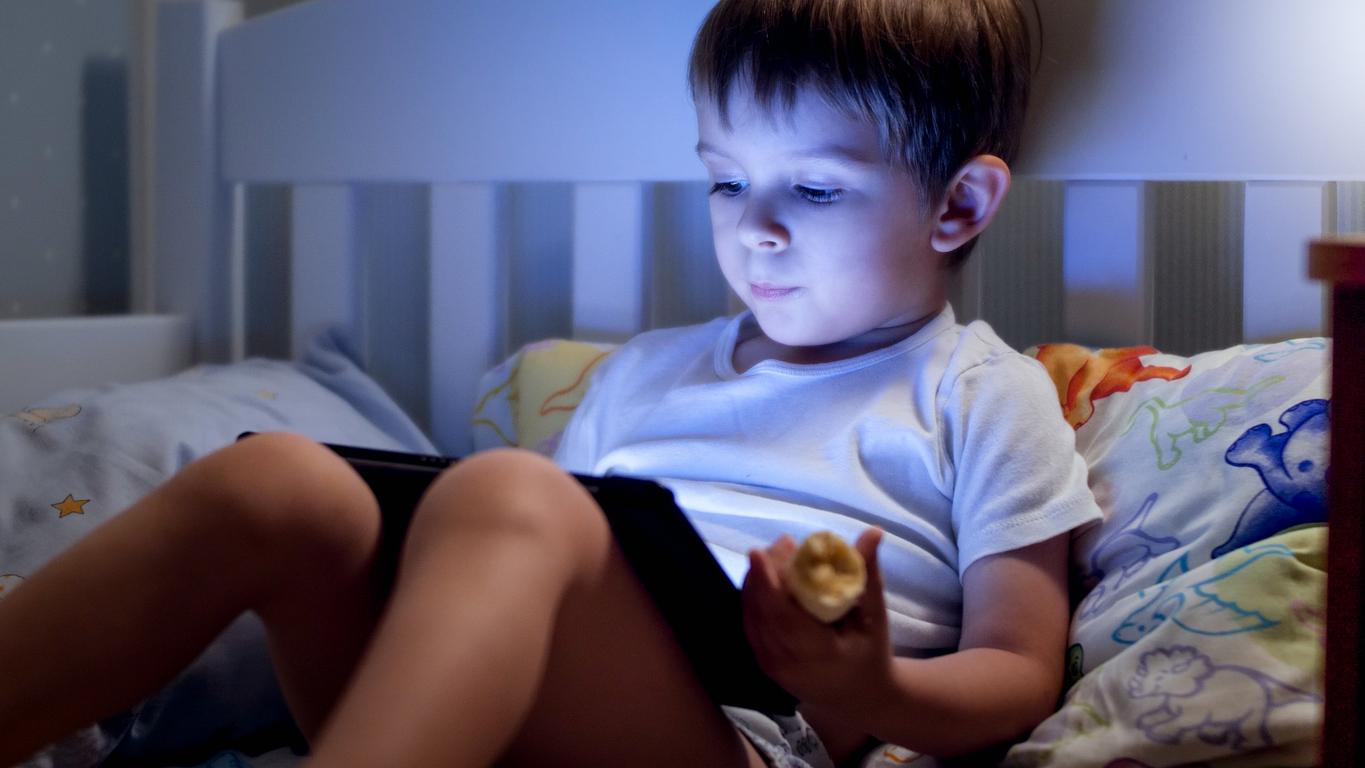In an article from The Conversation, researchers question the usefulness of sleep monitoring apps for people who suffer from insomnia or restless nights.

- According to a 2019 study by Public Health France, a quarter of French people are in sleep debt and 13.1% are chronic insomniacs.
- Each sleep cycle – there are between 4 and 6 per night – is made up of three distinct phases: light slow-wave sleep (50% of the time), deep slow-wave sleep (20-25%) and paradoxical sleep (20 -25%).
In recent years, mobile applications and connected watches have been offering to monitor, among other things, your sleep pattern. Devices sold by developers as a solution to make it more efficient, more qualitative, and thus fight against sleep disorders which affect one in three French people, according to Inserm. Except that this habit of constantly watching your nights could well be counterproductive. Three researchers and professors from Victoria and Monash universities in Australia, sound the alarm in an article by the independent media The Conversation.
“The rhythm of sleep is not the same every night”
Sleep tracking apps analyze a sleeper’s sounds, heart rate, and movements to gauge their sleep “score,” with charts to show changes over time. In addition to recording bedtime and wake-up time, they also claim to determine how long the sleeper spends in light sleep, deep sleep, and REM sleep, and how many micro-awakenings or turbulences they have. lived. But are they really accurate? Serious studies are lacking, and the classification of the different phases of sleep remains “unreliable”according to the researchers.
“Most adults need about eight hours of sleep a day, but sleep needs can vary from about six to nine hours”, they explain. Not only are the needs different for each human being, but they also vary depending on the time, what we have experienced during the day: “The sleep pattern is not the same every night.” However, according to scientists, “This normal variation is not well understood. Some people, who think they get enough sleep, worry so much about getting a good night’s sleep that they develop a kind of performance anxiety.”
Orthosomnia, a new anxiety disorder?
That’s what they call the “sleep paradox” : sleep tracking apps create logics of stress and therefore wakefulness that exacerbate problems instead of solving them. So much so that some people develop a new disorder, orthosomnia. Little documented by the scientific community for the moment, it is an anxiety disorder linked to the obsession with sleep applications: the person is more likely to trust the data collected than objective tests carried out in the clinic, and may therefore adopt counterproductive behaviors (such as spending more time in bed to improve his “score”).
“For people who sleep well, these sleep trackers may have some appeal, especially since they are risk-free. However, if you are concerned about the quality of your sleep and a source of anxiety, you may not you’re probably not the ideal candidate for this type of sleep tracking”according to the researchers, who recommend a proper medical consultation.
“The data should always be interpreted with a medical specialist to be sure that there is no error in their analysis and to avoid problems”recently advised Why Doctor cardiologist Pierre Escourrou.

















